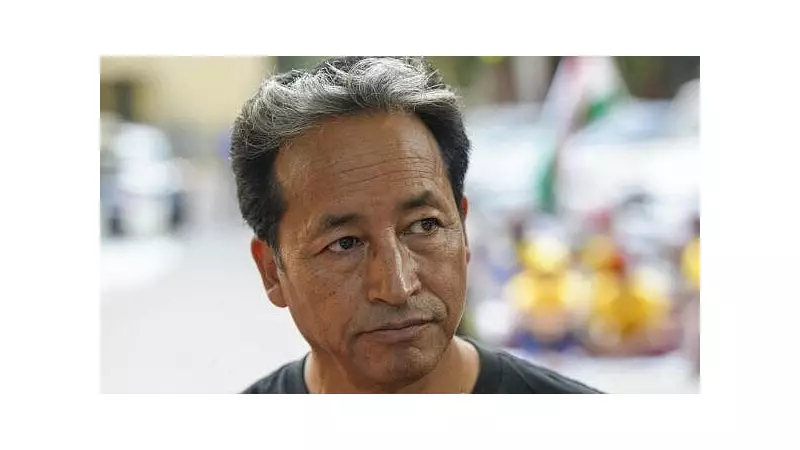
In a significant legal development, the Supreme Court of India has formally intervened in the case concerning prominent Ladakhi activist Sonam Wangchuk. The apex court has issued notices to both the Central Government and the Union Territory of Ladakh administration, demanding their official response to a petition challenging Wangchuk's detention.
Judicial Scrutiny Intensifies
The bench, comprising distinguished justices, has taken serious note of the allegations surrounding Wangchuk's confinement. The court proceedings have brought national attention to the delicate balance between state authority and individual rights in the strategically important region of Ladakh.
Background of the Controversy
Sonam Wangchuk, renowned for his environmental activism and educational reforms inspired by the real-life "3 Idiots" character, has been at the forefront of several public demonstrations in Ladakh. His detention has sparked widespread debate about freedom of expression and assembly in the Union Territory.
Legal Proceedings Unfold
The Supreme Court has set a clear timeline for the government's response, indicating the urgency and importance it attaches to this matter. Legal experts suggest this case could set important precedents for how similar situations are handled in federally administered territories.
Human rights organizations and civil society groups have closely monitored the proceedings, with many expressing concern about the implications for democratic freedoms in the region. The case has also drawn international attention to Ladakh's unique political and environmental challenges.
What's Next in the Legal Battle?
The Supreme Court's intervention marks a crucial phase in this ongoing legal confrontation. As both sides prepare their arguments, the nation watches closely to see how this confrontation between activist rights and administrative authority will resolve.
The outcome of this case is expected to have far-reaching consequences not only for Wangchuk but for the broader discourse on civil liberties in India's special status regions.






